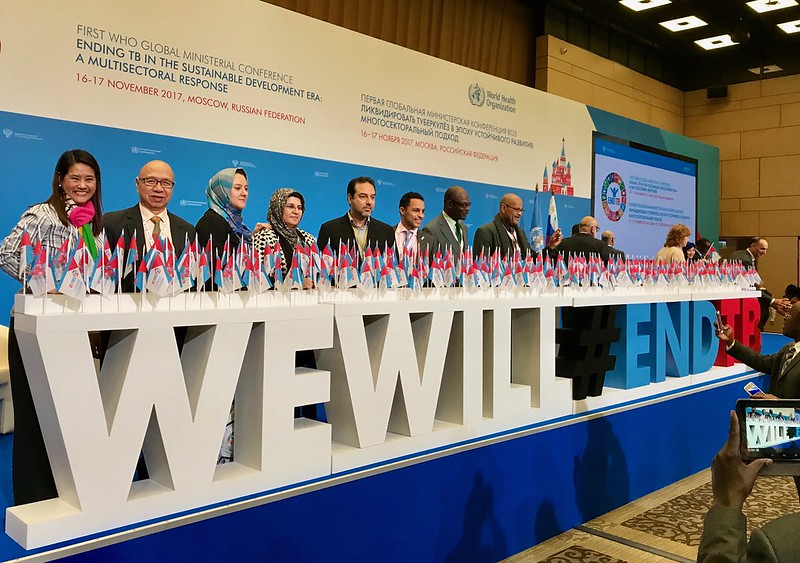Shobha Shukla, CNS (Citizen News Service)

"... Nobody is immune to tuberculosis (TB), including those in the first world countries. More than 20% TB cases are linked to smoking globally. We are aware of our responsibilities and reducing deaths from TB, as well as from CVDs, is one of our country’s priorities. Only with coordinated and concerted action will we be able to defeat TB. I hope this meeting will boost the quality of life and healthcare globally..." so said
Vladimir Putin, President of the Russian Federation at the World Health Organization (WHO)'s "Global Ministerial Conference: Ending TB in the sustainable development era: A multi-sectoral response" held in Moscow recently.










